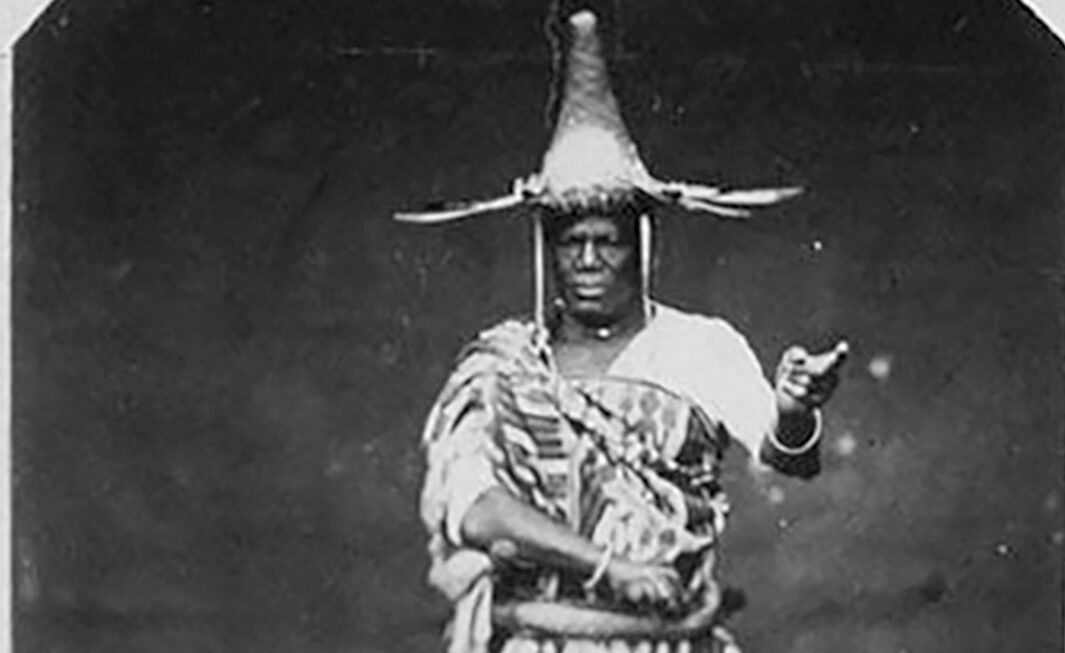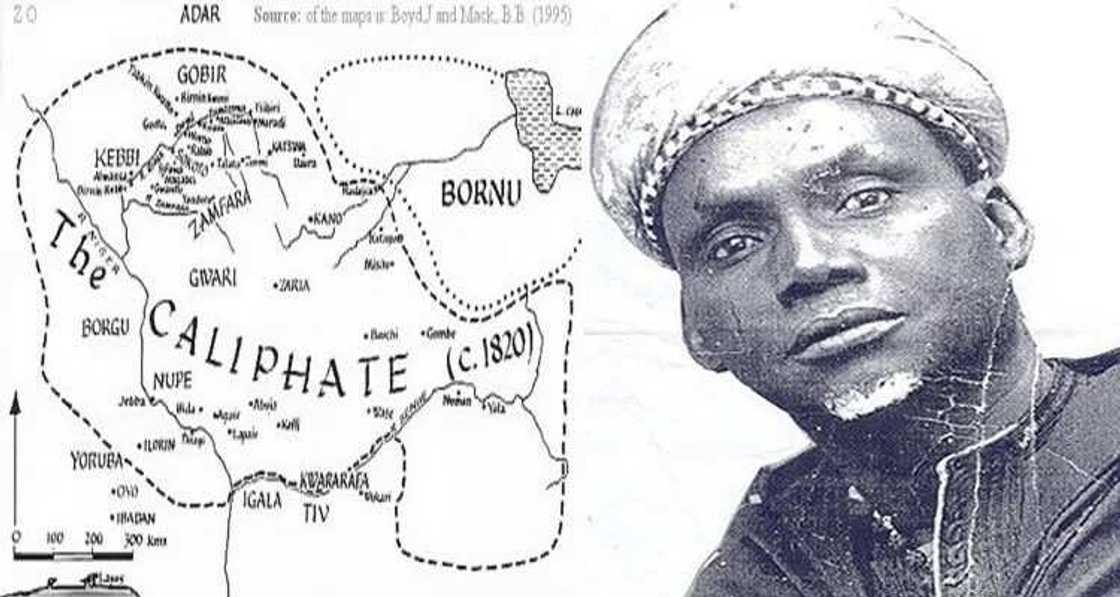
King Jaja of Opobo: The Resilient Merchant-King of the Niger Delta
King Jaja of Opobo, born Jubo Jubogha in 1821, was a remarkable figure in the history of the Niger Delta and pre-colonial Nigeria. As a self-made king and shrewd businessman, he established Opobo as a thriving trading state in the 19th century, dominating the lucrative palm oil trade. King Jaja’s legacy as a resilient leader and merchant king is remembered for his efforts to protect his people’s economic independence from colonial pressures.
Early Life and Rise to Power
Jaja was originally from the Igbo region of Nigeria, born into a small village called Umuduruoha in the Orlu area. As a young boy, he was captured by slave traders and sold into servitude in the Niger Delta. Despite these harsh beginnings, he demonstrated remarkable intelligence and ambition, eventually rising through the ranks of the Ana Pepple House, one of the most powerful merchant houses in Bonny.
By the time he reached adulthood, Jaja had become a prominent trader and eventually assumed leadership of the Ana Pepple House. His leadership skills and business acumen transformed the house into one of the most influential trading entities in the region. However, tensions with rival factions within Bonny led Jaja to establish a new settlement, which he named Opobo, near the mouth of the Imo River.
The Founding of Opobo
In 1869, Jaja founded the kingdom of Opobo as a base for his trading operations. Opobo’s strategic location along the Niger Delta made it ideal for controlling trade routes and establishing dominance in the palm oil trade. Jaja’s new kingdom quickly grew in wealth and influence, attracting both traders and allies from nearby communities. He soon declared himself the king of Opobo and managed its affairs with an eye toward both political stability and economic prosperity.
Under Jaja’s leadership, Opobo became a center of commerce in the region, attracting attention from European traders, especially the British. Unlike other rulers in the Niger Delta who allowed British companies to control their local economy, Jaja maintained strict control over Opobo’s trade policies, ensuring that his kingdom remained economically independent and prosperous.
Control of the Palm Oil Trade
King Jaja’s control over the palm oil trade was central to Opobo’s success. Palm oil was a valuable commodity in the 19th century, used extensively in Europe as an industrial lubricant and in soap production. Jaja’s business acumen allowed him to dominate the trade, setting fair prices and demanding that European merchants respect Opobo’s autonomy.
He took bold steps to protect his kingdom’s economic interests. For instance, he bypassed British middlemen, trading directly with the British market. This direct approach increased Opobo’s revenues and reduced foreign interference in its economy. Jaja’s policies not only safeguarded Opobo’s prosperity but also set a precedent for African states striving to retain control over their resources.
Conflict with the British and Exile
King Jaja’s success and independence did not sit well with British colonial authorities, who sought control over trade in the Niger Delta. In 1884, the Berlin Conference established European spheres of influence in Africa, and Britain declared the Niger Delta part of its protectorate. This claim put British interests directly at odds with Jaja’s control of Opobo.
In 1887, British officials invited Jaja aboard a warship for negotiations. He was subsequently detained, accused of obstructing free trade, and sent into exile in the West Indies. The exile of King Jaja was met with widespread outrage, as he was seen as a national hero defending his people’s right to economic sovereignty. After a significant public outcry, the British government eventually allowed Jaja to return to Nigeria, but he died en route in 1891 under suspicious circumstances.
Legacy and Influence of King Jaja
King Jaja’s legacy endures as a symbol of resistance against colonial domination and a testament to the ingenuity and resilience of African leaders. His efforts to protect Opobo’s autonomy and his success in building a prosperous kingdom from the ground up have left an indelible mark on Nigerian history.
Today, King Jaja is celebrated for his commitment to economic independence, and his story serves as a powerful reminder of the challenges faced by African leaders in resisting foreign exploitation. Streets, schools, and institutions in Nigeria are named in his honor, preserving his legacy and inspiring future generations.
Conclusion
King Jaja of Opobo was a visionary leader whose legacy of resilience and determination resonates in Nigeria’s history. His reign exemplifies the potential of African leadership, enterprise, and the courage to challenge colonial pressures. Through his achievements, Jaja left a lasting impression as one of Nigeria’s most influential historical figures.




Do you have a spam issue on this blog; I also am a blogger, and I was curious about your situation; we have created some nice practices and we are looking to trade techniques with other folks, please shoot me an email if interested.